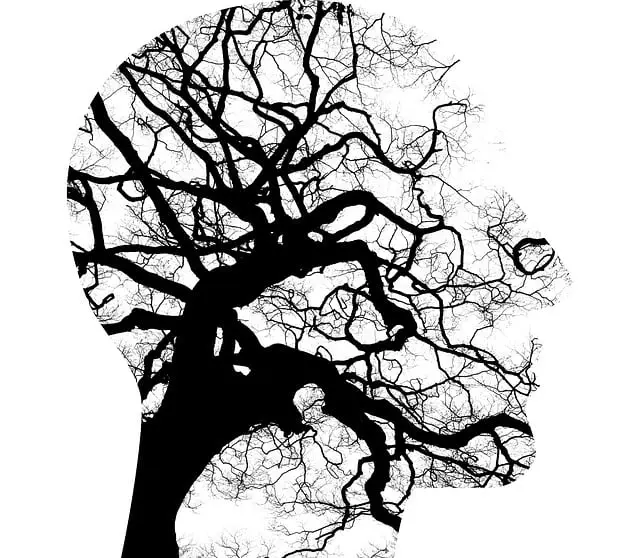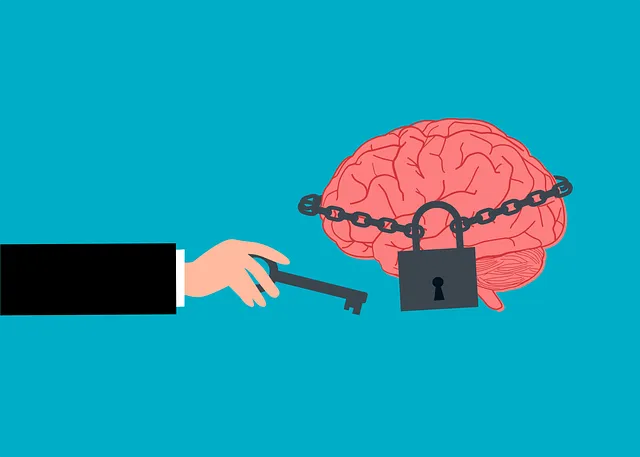At the Kaiser Permanente behavioral health center in Arvada, cultural competency training is a priority to enhance patient care and staff well-being. Comprehensive programs focus on understanding diverse patient backgrounds, improving communication, reducing misunderstandings, and tailoring treatments. This holistic approach not only fosters inclusive environments but also boosts resilience and burnout prevention among healthcare workers, ultimately improving care quality while promoting work-life balance.
In today’s diverse healthcare landscape, cultural competency training is no longer an option—it’s essential. This comprehensive guide explores the vital role of cultural competency in healthcare delivery, with a particular focus on behavioral health services. We highlight Kaiser Permanente Arvada as a model program, showcasing successful strategies to enhance cross-cultural understanding among providers. By examining effective training methods, this article offers insights into improving patient outcomes and fostering inclusive care, especially within behavioral health centers like Kaiser Permanente Arvada.
- Understanding Cultural Competency in Healthcare: A Necessary Approach
- Kaiser Permanente Arvada: A Model for Behavioral Health Training
- Strategies for Effective Cultural Competency Training Programs
Understanding Cultural Competency in Healthcare: A Necessary Approach

In today’s diverse healthcare landscape, cultural competency is no longer an optional skill for providers; it’s a necessary approach to ensure equitable and effective patient care. This concept involves understanding and appreciating the cultural backgrounds, values, beliefs, and behaviors of patients, especially those from different ethnic, racial, and socioeconomic groups. At organizations like Kaiser Permanente behavioral health centers in Arvada, training programs emphasize this competency to foster inclusive environments.
Cultural sensitivity is crucial for addressing healthcare disparities and promoting trust between providers and patients. It helps in improving communication, reducing misunderstandings, and tailoring treatments to meet the unique needs of diverse populations. Moreover, focusing on cultural competency can enhance resilience building and burnout prevention among healthcare workers, enabling them to provide quality care while managing stress and maintaining a positive work-life balance, as evidenced by various studies on mood management techniques.
Kaiser Permanente Arvada: A Model for Behavioral Health Training

Kaiser Permanente’s behavioral health center in Arvada serves as a shining example for cultural competency training within healthcare. This facility prioritizes comprehensive care by integrating Self-Awareness Exercises that cater to diverse patient backgrounds. Through these exercises, staff members foster an environment of understanding and empathy, enabling them to better serve communities with varying cultural needs.
By focusing on initiatives like Depression Prevention and Emotional Healing Processes, Kaiser Permanente Arvada demonstrates a holistic approach to behavioral health. Their training programs emphasize the importance of cultural sensitivity in diagnosis and treatment, ensuring that every patient receives personalized care that respects their unique background and experiences. This model sets a standard for healthcare institutions seeking to improve their cultural competency and provide more inclusive services.
Strategies for Effective Cultural Competency Training Programs

Effective cultural competency training programs for healthcare providers should incorporate a multi-faceted approach tailored to diverse populations served by facilities like the Kaiser Permanente behavioral health center in Arvada. One key strategy involves engaging diverse communities through public awareness campaigns that highlight mental health issues such as depression prevention and stress management. These campaigns can help break down barriers and promote understanding, ensuring that all patients feel comfortable accessing care.
Additionally, role-playing scenarios and case studies specific to various cultural contexts should be integrated into training curricula. This allows providers to practice navigating complex situations while fostering empathy and culturally sensitive communication skills. By combining theoretical knowledge with practical experience, the Kaiser Permanente behavioral health center in Arvada can empower its staff to deliver high-quality care that respects and values the unique backgrounds and needs of every patient.
Cultural competency training is no longer a choice but an imperative in healthcare. As diverse patient populations become the norm, programs like Kaiser Permanente’s behavioral health center in Arvada serve as models for effective education. By integrating strategies that focus on awareness, knowledge, and skill-building, healthcare providers can better navigate cultural differences, improve patient outcomes, and foster inclusive care environments. Investing in comprehensive training is a key step towards ensuring equitable access to quality healthcare for all.






